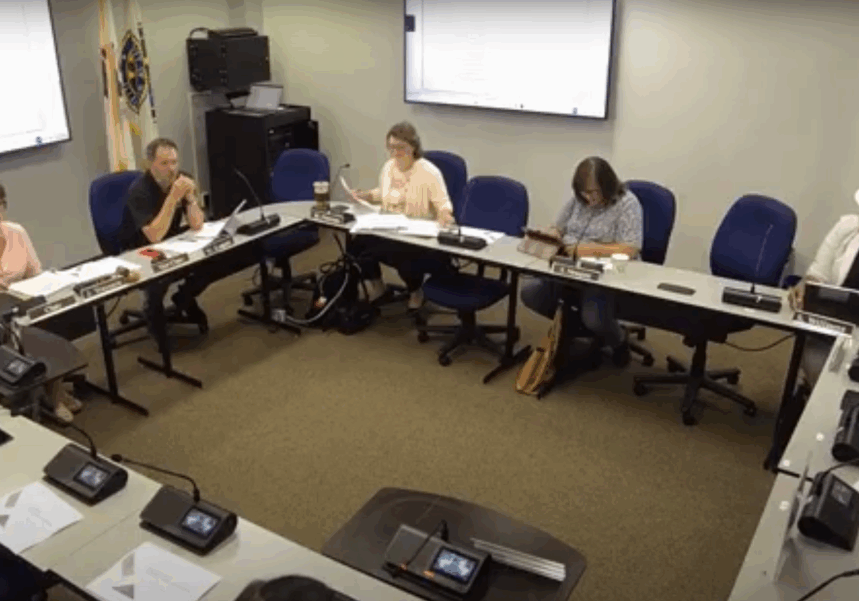
Committee Highlights ‘Lack of Teeth’ in County Code Enforcement Process
While the Will County Ad-Hoc Ordinance Review Committee quickly approved minor updates to its administrative adjudication ordinance Tuesday, the action sparked a broader discussion about resident frustration over the enforcement process and its perceived “lack of teeth.”
Committee member Sherry Newquist raised the issue, noting she frequently hears from constituents about the “ungodly length of time” it takes to resolve code violations, from garbage complaints to more serious issues. The central concern was a lack of consistent application of fines and a feeling that the process fails to compel compliance.
“Many times we don’t actually issue citations. From what I understand, our goal is compliance… versus punishment,” Newquist said. “I don’t see people going to adjudication. I don’t see people getting fined.”
Phil Mock, legal counsel for the committee, explained that the problem does not lie within the ordinance itself, but rather with discretion held by two separate groups: the code enforcement inspectors who issue citations and the administrative hearing officers who rule on them.
“No matter what you write, you can’t take their discretion away,” Mock said. He explained that inspectors can choose whether or not to issue a ticket, and hearing officers have the discretion to either levy fines immediately or grant continuances to encourage compliance.
“This body doesn’t have control over those two entities,” Mock concluded, indicating that changes to the ordinance could not force a different outcome. The committee acknowledged the problem but recognized that its solution was outside the scope of their review. The updated ordinance was approved with only minor spelling corrections.
Latest News Stories

Illinois quick hits: $20 million for Alton housing project; alleged migrant assaults reported

WATCH: Illinois DCFS can’t locate documents showing number of missing children

WATCH: Pritzker: ‘Government isn’t always the best option’

FAA announces flight reductions due to government shutdown

U.S. Supreme Court frosty on Trump’s tariff power as world watches

California invests in visas, legal immigration

Group seeks probe into Illinois law requiring grades 3-12 mental health screenings

Reason Foundation: No turning point yet in Illinois on pension debt

Lawmakers weigh in on how the ‘Blue Wave’ will impact shutdown negotiations

Supreme Court weighs challenge to Trump’s tariff power

Supreme Court justices question businesses challenging Trump’s tariffs

New Lenox Board Gives Preliminary Approval to ‘The Patio’ Restaurant Amid Traffic Concerns


